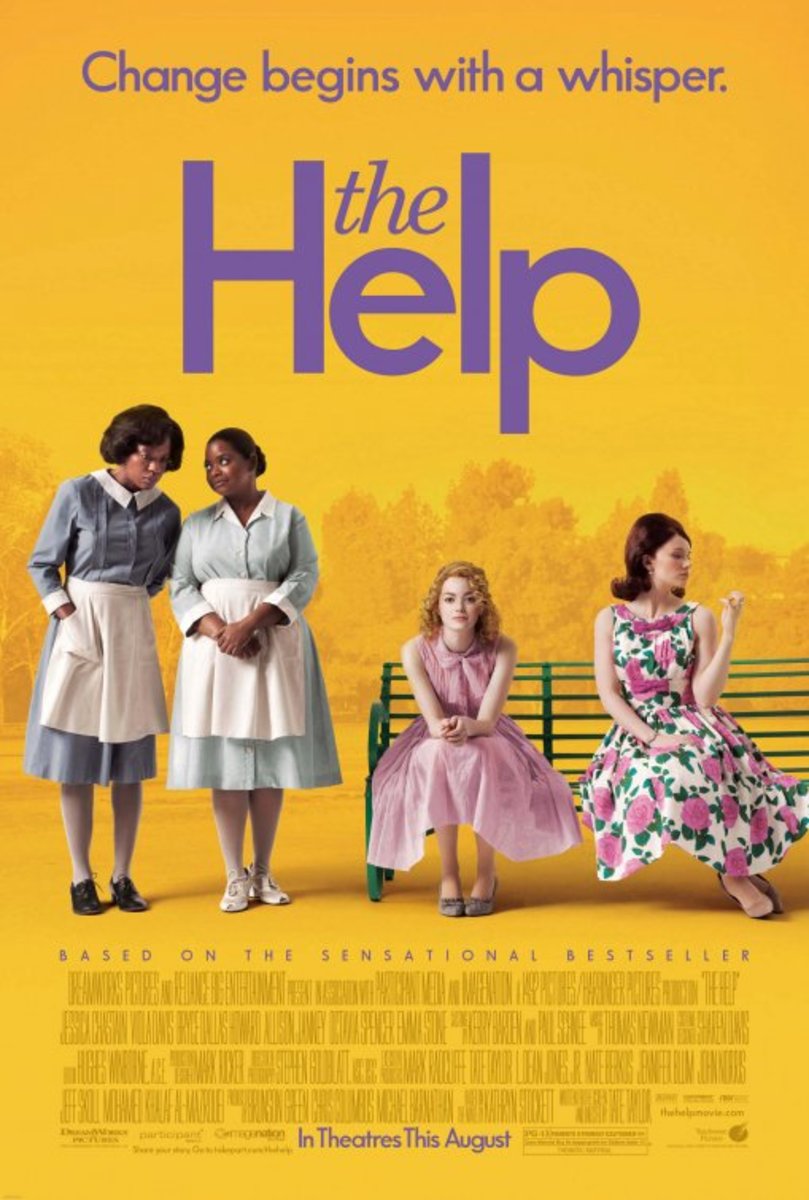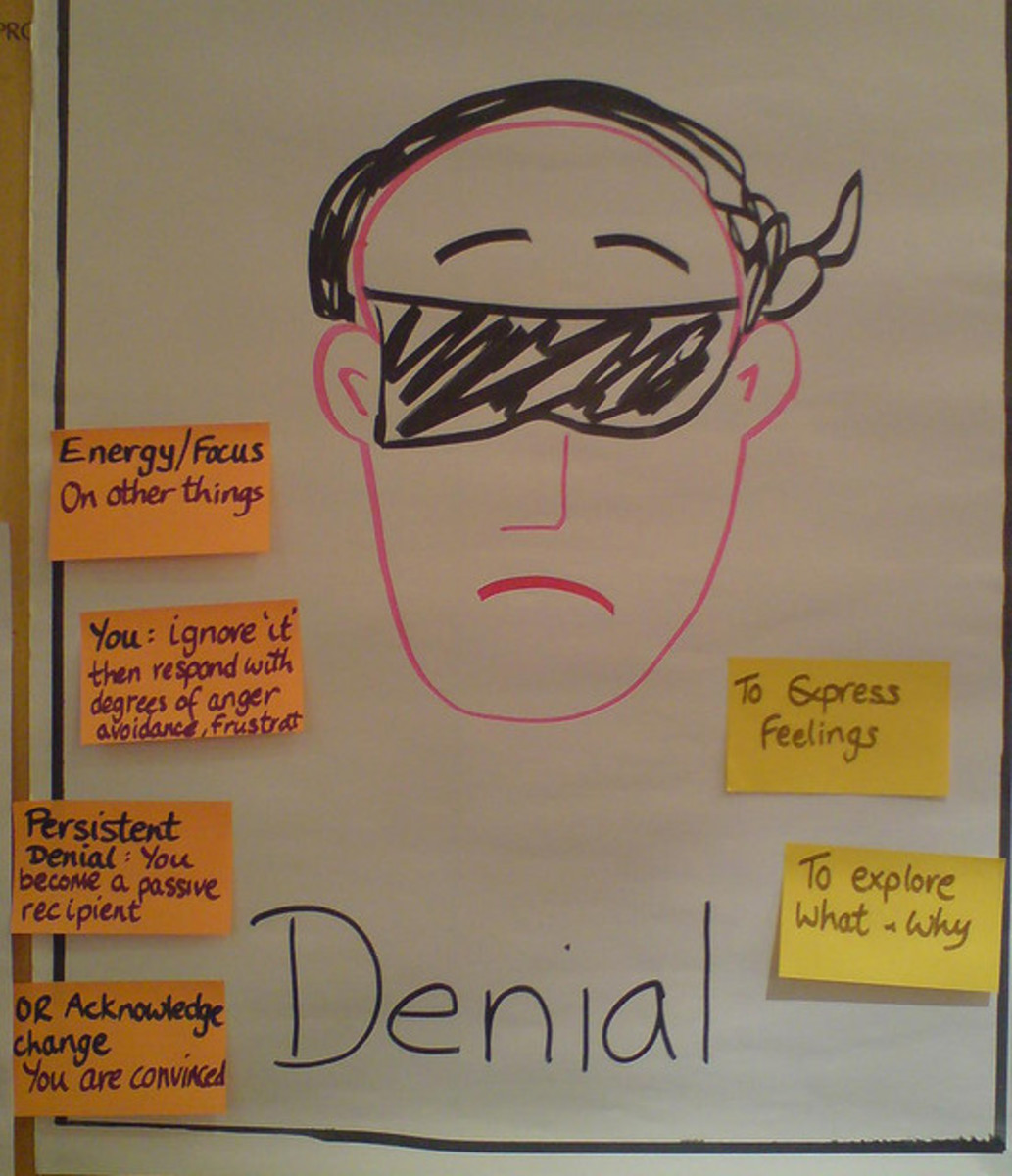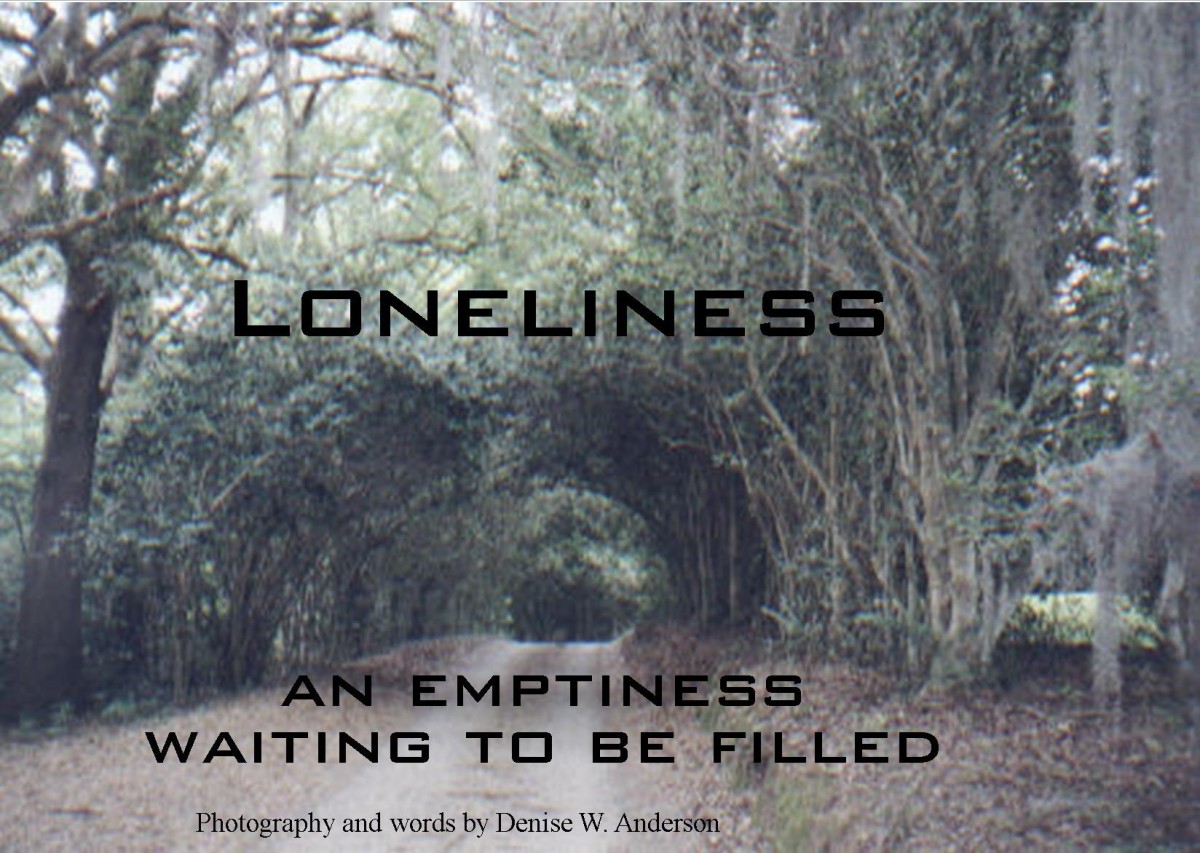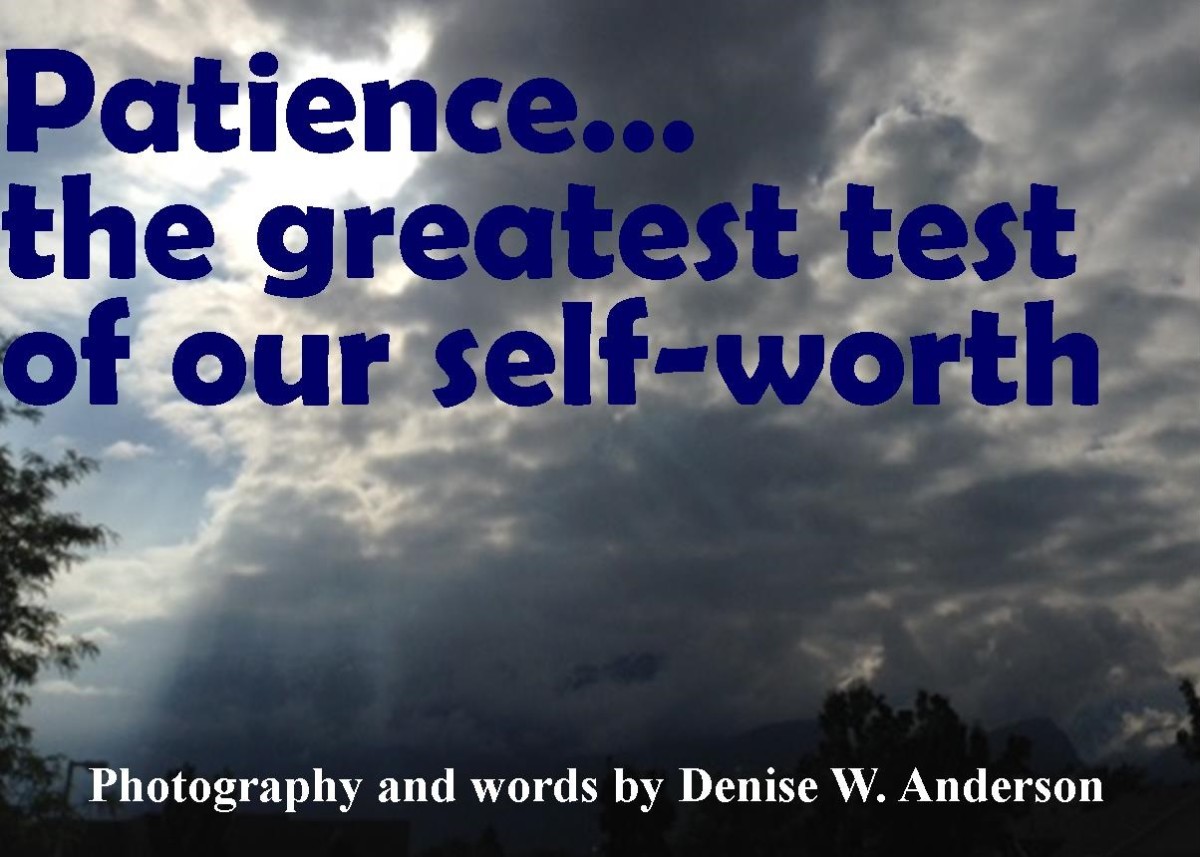Health-Just Three Little Words- Are You Okay
National Day of Action
On the 29th of November 2009 they held a RUOK day. I read about it in our local newspaper. It was a National Day of Action for the prevention of suicide. The message they wanted to get through is for people to ask their neighbors and friends alike, “Are you Ok”.
It is a very simple question, with a wealth of meaning behind it. Why are people so caught up in their own lives that they often do not know if their own neighbors are you okay? We need to be more observant and understanding of other people's problems.
No, I do not mean pry into their business or personal things. We need to know if they have any problems that if someone would offer to listen to them, it may ease their troubled mind.
They wanted this to be a day to connect to other people. Talk to them. Start a conversation. Which is not very hard, those three words is all it will need.
Help Your Neighbor

Eight Tips That May Help Someone
These are the eight tips, suggested in the printed article with the help of the lifeline and Department of health ‘as Quoted in our Sunday Times’:
1. Act now
Don’t wait. If you see behavior change, mood swings or detect feelings of hopelessness then act promptly and ask: “Are you OK?” Don’t assume people get better without help or they will seek help on their own.
2. Be receptive
Put the invitation out there and say: “I’ve got time to talk.” Maintain eye contact and sit in a relaxed position. Positive body language will help you both feel more comfortable. Often just spending time with the person lets them know you care and can help you understand what they’re going through.
3. Use ice-breakers to initiate a conversation
Use open-ended questions, such as: “So tell me about..?” These require more than yes or no answers. You could use the following to start a conversation: “I’ve noticed you’ve seemed really down/worried/stressed for a long time, now. Is there anyone you’ve been able to talk to about it?”
“Lots of people go through this sort of thing. Getting help will make it easier.”
“I hate to see you struggling on your own. There are people who can help. Have you thought of visiting your doctor?”
4. Hone listening skills
Listen to what a person is saying, be open minded and no judgmental. Sometimes, when someone wants to talk, they’re not always seeking advice; they just need to talk about their concerns. Be patient and let the person take their time. Avoid telling someone what to do. It is important to listen and try to help the other person work out what is best for them.
Good Book for the Children

Help someone else this Christmas Holidays
With Christmas just around the corner, we all need to be more observant. Spare a thought for your neighbor alone with no relations and friends. Invite them to join you for Christmas. If that is not possible then make the effort to pop in and wish them a Merry Christmas. Take them a couple of Christmas cookies or something small to let them know that you care about them.
This is a time for Christmas joy and sharing, of thoughts and good wishes. Offer someone else, even a stranger that chance of happiness even for a moment and ask them: “Are you Ok.”
“Who will you ask?”
Kindnes is Important

8 Tips Continued
5. Tell them they don’t have to go it alone
Getting someone to open up about their feelings can be confronting and common reactions are to sometimes ignore the situation and hope it will go away. If you find you’re struggling, enlist the help of a trusted friend.
6. Safety first
If your concerns are real, don’t leave the person alone. Remove any means of self-harm available, including weapons, medications, even access to a car. And remove any drugs and alcohol.
7. Encourage them
Being healthy, eating well, exercising and getting regular sleep are the best ways to cope with tough times. They should also be encouraged to look after themselves. It is often during these periods people allow their health and habits to deteriorate which only makes the situation worse.
8. Act
No matter where you live, the person at risk can get help from a range of professionals and supportive people including:
- Their GP
- Councilor, psychologist, social worker
- School counselor, youth group leader
- Emergency services- police and ambulance
- Mental health services
- Community health centers
- Priests, ministers, religious leaders
- Telephone counseling services such as Lifeline and Kids Helpline, MensLine Australia
Dont forget to Ask "Are You Okay?"
You may not receive a response, but at least make an effort and try. Many people considering taking their lives, are saved because of close family and friends supporting them through their troubled times.
If you are all alone, without a caring ear to listen to your problems it is harder to rise above your fears and anxiety. So please ask your neighbour.
© 2009 Eileen hughes






